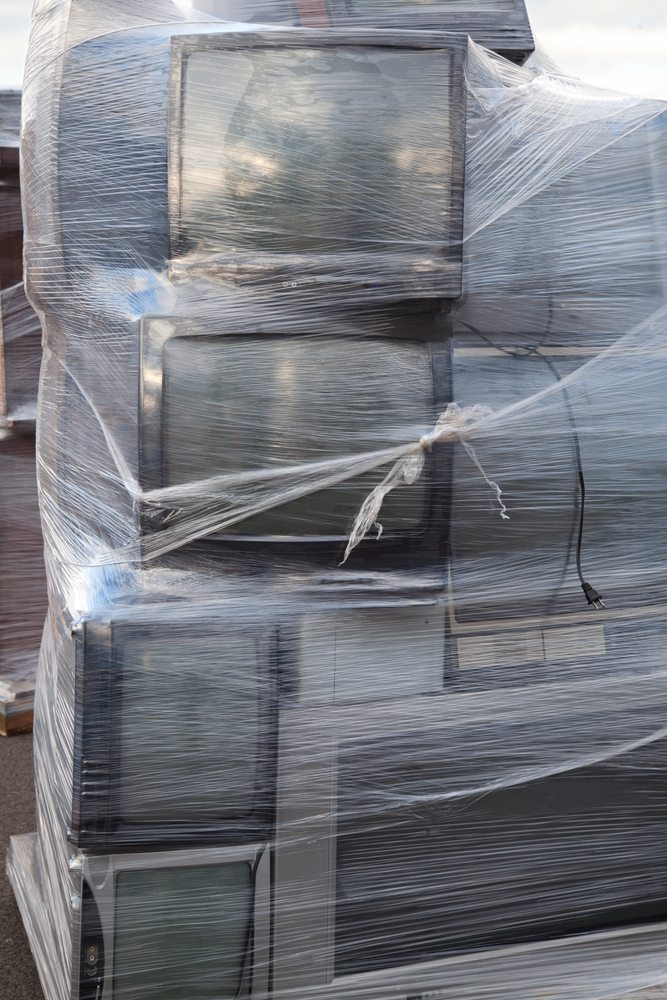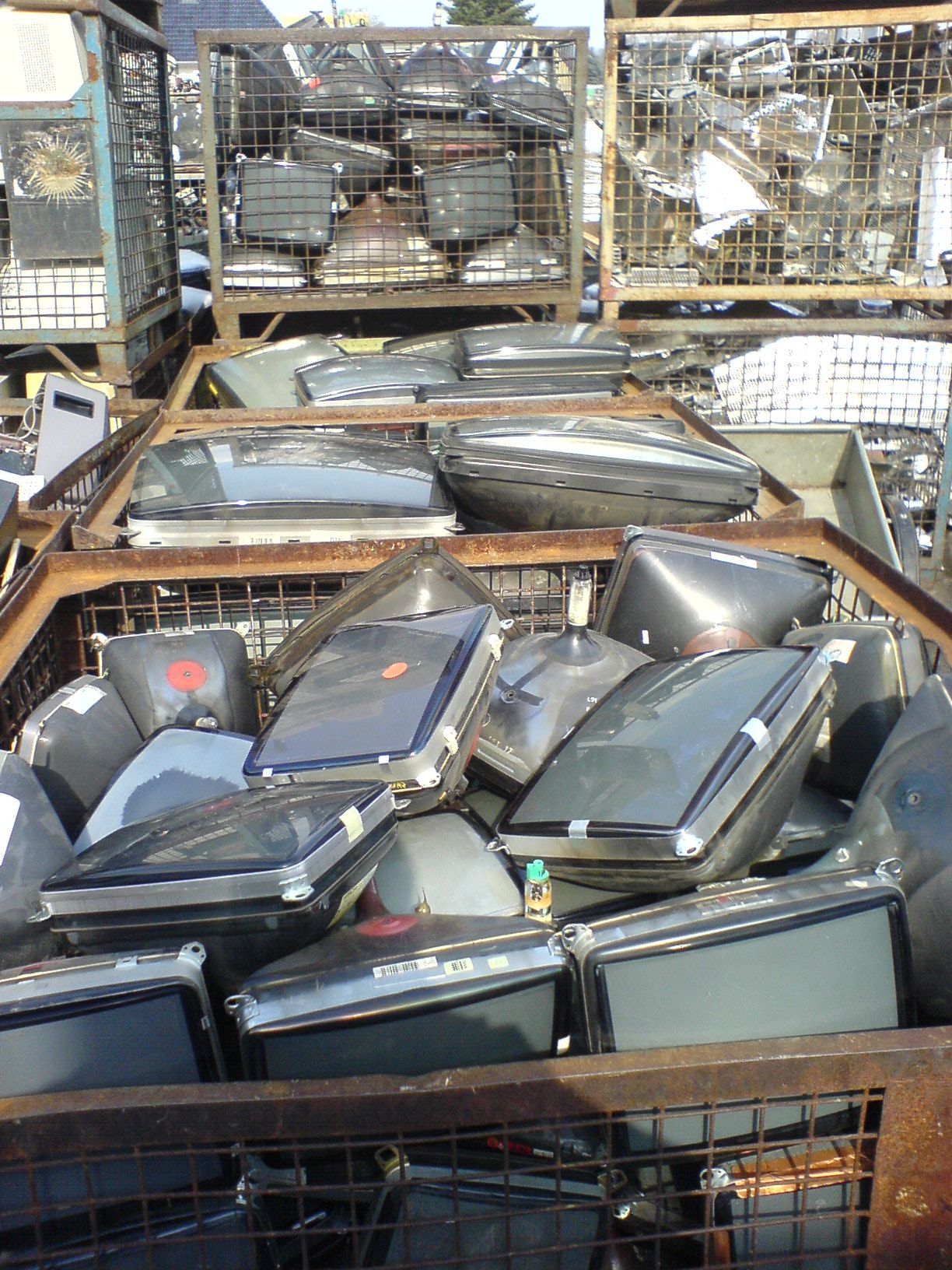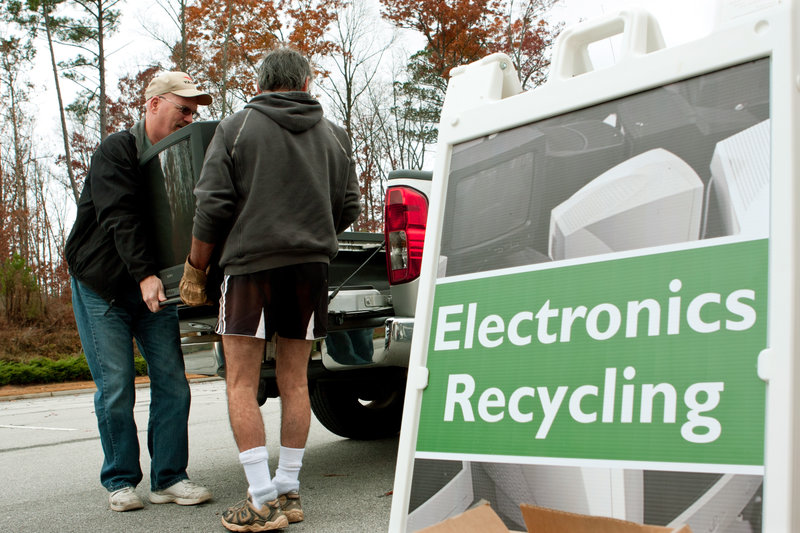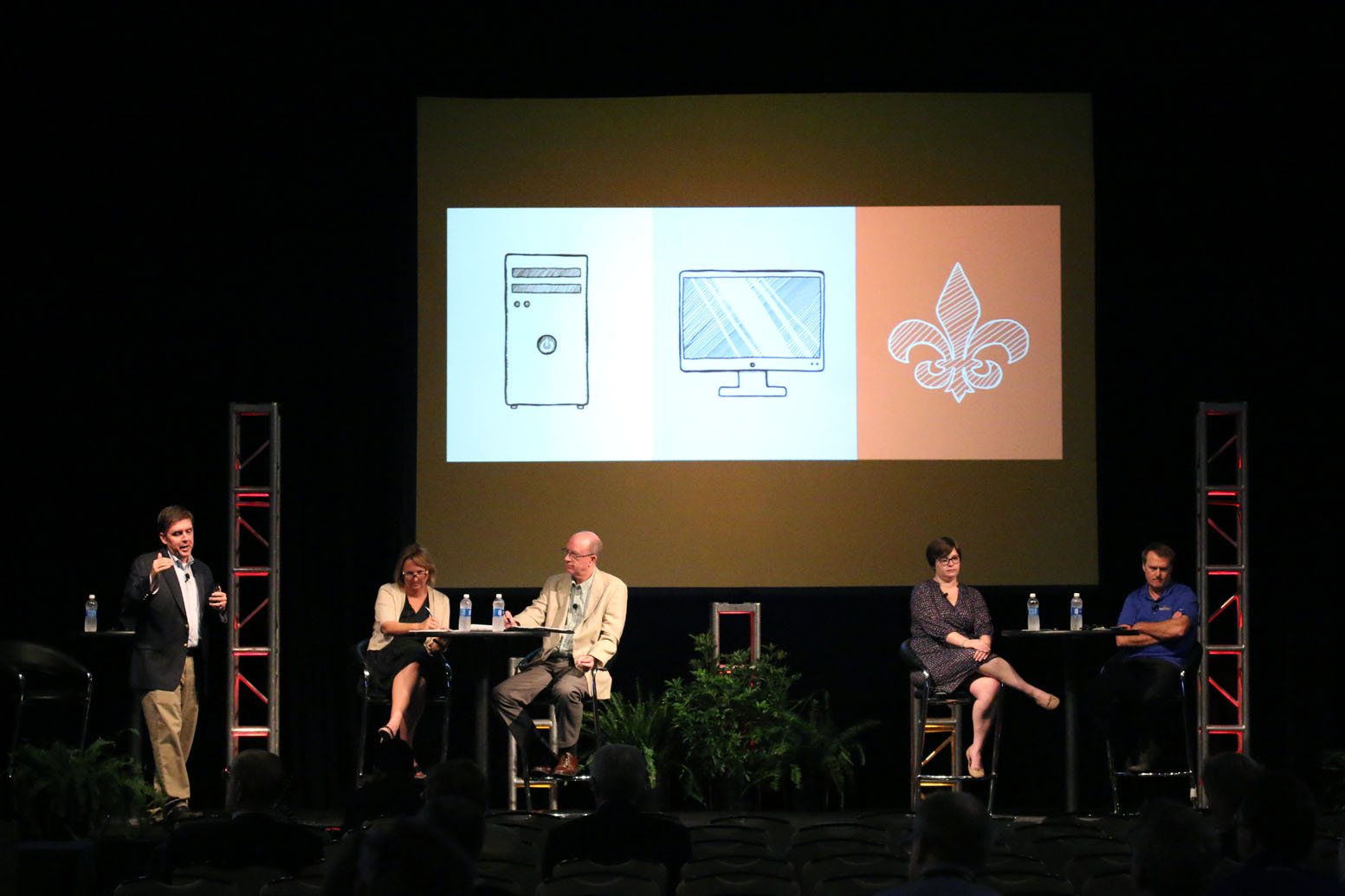 Rhode Island is the latest state to report it is grappling with a shortfall in funding for a manufacturer-backed electronics recycling program.
Rhode Island is the latest state to report it is grappling with a shortfall in funding for a manufacturer-backed electronics recycling program.

 Rhode Island is the latest state to report it is grappling with a shortfall in funding for a manufacturer-backed electronics recycling program.
Rhode Island is the latest state to report it is grappling with a shortfall in funding for a manufacturer-backed electronics recycling program.
Illinois is set to put a legislative Band-Aid on the state’s e-scrap program, requiring electronics manufacturers to collect and recycle more material in coming years.
 Legislation introduced in Pennsylvania increases the amount of e-scrap that manufacturers would be on the hook for recycling each year.
Legislation introduced in Pennsylvania increases the amount of e-scrap that manufacturers would be on the hook for recycling each year.
 The state of New Jersey is working to reform its e-scrap law, and lawmakers plan to have a bill to send to the governor by next month.
The state of New Jersey is working to reform its e-scrap law, and lawmakers plan to have a bill to send to the governor by next month.
 Seattle-based Total Reclaim says it will appeal a penalty imposed by the Washington Department of Ecology for improper shipments of material.
Seattle-based Total Reclaim says it will appeal a penalty imposed by the Washington Department of Ecology for improper shipments of material.
 A bill aimed at expanding recycling outlets for CRT panel glass has passed out of California’s legislature – and not a single lawmaker cast a vote against it.
A bill aimed at expanding recycling outlets for CRT panel glass has passed out of California’s legislature – and not a single lawmaker cast a vote against it.
 California officials are inviting industry players to participate in a survey regarding possible changes to the state’s e-scrap recycling program.
California officials are inviting industry players to participate in a survey regarding possible changes to the state’s e-scrap recycling program.
 Collection figures from two West Coast states suggest CRT volumes are beginning to decline, but that trend isn’t playing out everywhere.
Collection figures from two West Coast states suggest CRT volumes are beginning to decline, but that trend isn’t playing out everywhere.
 Debate over state electronics recycling laws has reached new heights in recent years, and the original equipment manufacturers (OEMs) that help fund the programs have been at the center of the discussion.
Debate over state electronics recycling laws has reached new heights in recent years, and the original equipment manufacturers (OEMs) that help fund the programs have been at the center of the discussion.
 Representatives from major electronics manufacturers took to the stage at last week’s E-Scrap 2016 conference. They detailed efforts to create more sustainable devices and also took aim at some requirements of state electronics recycling programs.
Representatives from major electronics manufacturers took to the stage at last week’s E-Scrap 2016 conference. They detailed efforts to create more sustainable devices and also took aim at some requirements of state electronics recycling programs.
